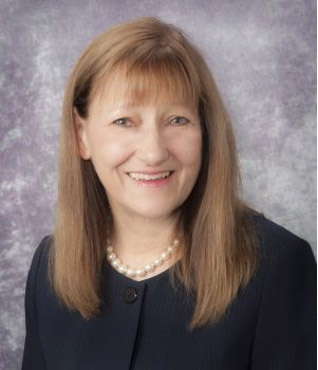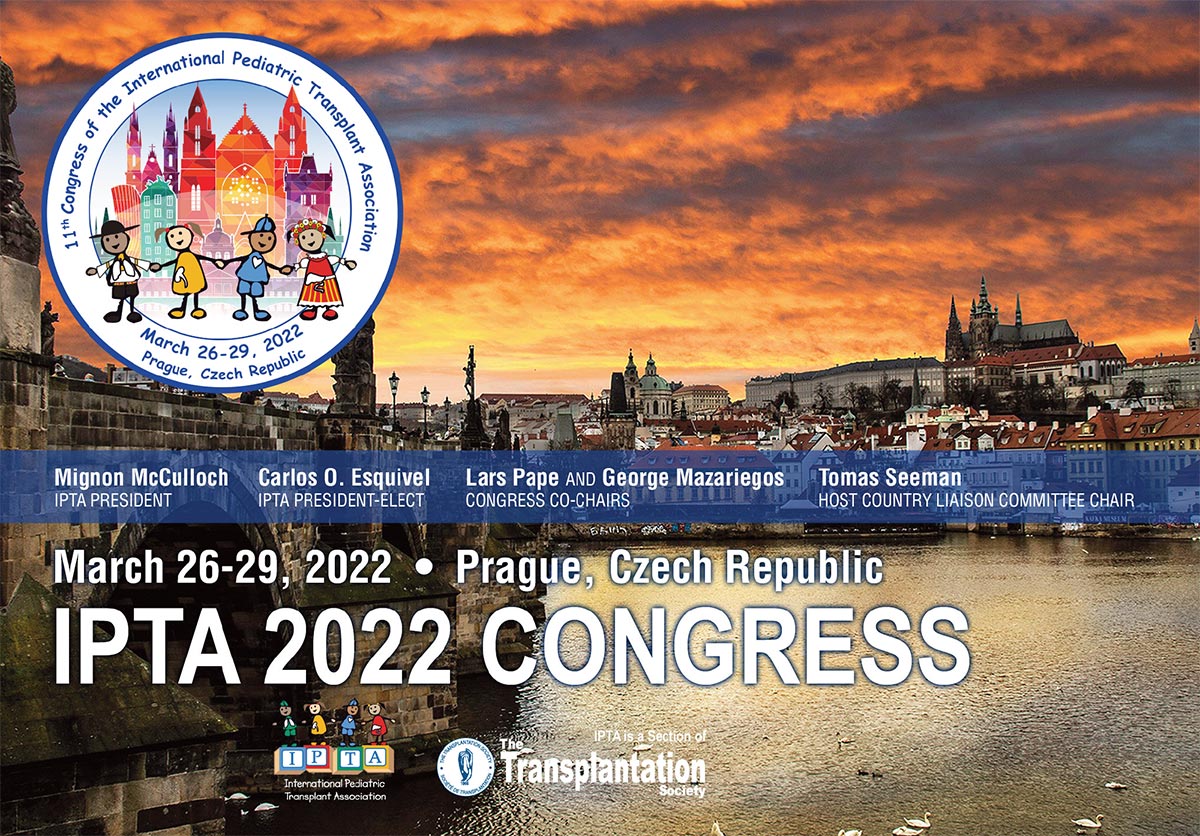

Presidential Message

Dear Friends & Colleagues,
I am honored and humbled to be carrying the baton as President of this superb international organization that advocates for children with organ transplantation.
One of my first rotations as an intern was in Pediatrics. I strongly considered to pursue this specialty, but I knew I wanted to become a surgeon. Years later, I ended up at the University of Pittsburgh, starting a fellowship in transplantation. I was not totally convinced I wanted to become a transplant surgeon, let alone a pediatric transplant surgeon. Within a few weeks into the fellowship, my mentor, Tom Starzl, said something that surprised me, and that was: “Carlos, I need you to take care of the pediatric patients”! That was the beginning of an amazing journey that paved the way to my involvement with IPTA. IPTA is a multidisciplinary association that mimics the work we do on a daily basis, and hence, our work is the foundation of this organization. At least, this is the way I see it!
The evolution of pediatric transplantation has improved immensely in terms of patient and graft survival; however, we continue to face many ongoing problems such as mortality on the waiting list because of scarcity of organs, side effects of immunosuppressive medications, and long term attrition from non-adherence to treatment, but the biggest problem is lack of access to health before and/or after transplantation. The COVID-19 pandemic has exacerbated the socioeconomic disparity in healthcare.
To that end, one of my priorities as President is to enhance dissemination of already existent educational programs in the organization and to create novel ones by using digital platforms, expanding upon our existing SMARTER initiative of webinars, podcasts and Journal Clubs. Another key priority for me is to recruit members from countries where they need us the most.
The mission of this Society is primarily about education and sharing knowledge. I think that in the last decade some countries were so remote and isolated, but now everyone has a smart phone. I think we are going to reach every single corner of the world. As mentioned before, IPTA, with its very active committees, is very well positioned to make a difference for so many children who suffer from organ failure or from complications around transplantation. It is important to increase the presence of IPTA worldwide (particularly to geographic areas with large population of children living below the poverty line). I envision IPTA developing partnerships with local societies and academic institutions. The financial health of the organization may be improved from grants from foundations as well as from individual philanthropic donations.
I would like to make you aware that IPTA will host a Virtual Meeting for Fellows and Allied Health & Nursing Professionals on October 14th and 15th 2021. This meeting is free to IPTA and TTS members. Please keep a look out for more news in the upcoming months, but put the date in your diaries for now.
I would also like to remind you about our upcoming Congress in Prague on March 26-29th 2022, where we look forward to welcoming you all in-person.
Please see https://ipta2022.org/ for more information, and to submit an abstract!
I would like to extend a very warm welcome to our new Councillors and Committee members. I look forward to our work together. To the continuing Councillors and Committee members, thank you for your ongoing commitment to IPTA. To our outgoing Councillors and Committee members, thank you for your tremendous hard work and dedication.
Best wishes,
Carlos O. Esquivel
IPTA President
Past Issues
IPTA Newsletters
- IPTA Newsletter - February 2026
- IPTA Newsletter - December 2025
- IPTA Newsletter - October 2025
- IPTA Newsletter - June 2025
- IPTA Newsletter - March 2025
- IPTA Newsletter - December 2024
- IPTA Newsletter - October 2024
- IPTA Newsletter - May 2024
- IPTA Newsletter - February 2024
- IPTA Newsletter - November 2023
- IPTA Newsletter - September 2023
- IPTA Newsletter - May 2023
- IPTA Newsletter - March 2023
- IPTA Newsletter - December 2022
- IPTA Newsletter - October 2022
- IPTA Newsletter - July 2022
- IPTA Newsletter - May 2022
- IPTA Newsletter - December 2021
- IPTA Newsletter - October 2021
- IPTA Newsletter - June 2021
- IPTA Newsletter - October 2020
- IPTA Newsletter - June 2020
- IPTA Newsletter - March 2020
- IPTA Newsletter - December 2019
- IPTA Newsletter - September 2019
- IPTA Newsletter - July 2019
- IPTA Newsletter - April 2019
- IPTA Newsletter - December 2018
- IPTA Newsletter - September 2018
- IPTA Newsletter - June 2018
- IPTA Newsletter - March 2018
- IPTA Newsletter - December 2017
- IPTA Newsletter - September 2017
- IPTA Newsletter - December 2016
- IPTA Newsletter - September 2016
Contact
Address
The Transplantation Society
International Headquarters
740 Notre-Dame Ouest
Suite 1245
Montréal, QC, H3C 3X6
Canada
Используйте Вавада казино для игры с бонусом — активируйте промокод и начните выигрывать уже сегодня!









